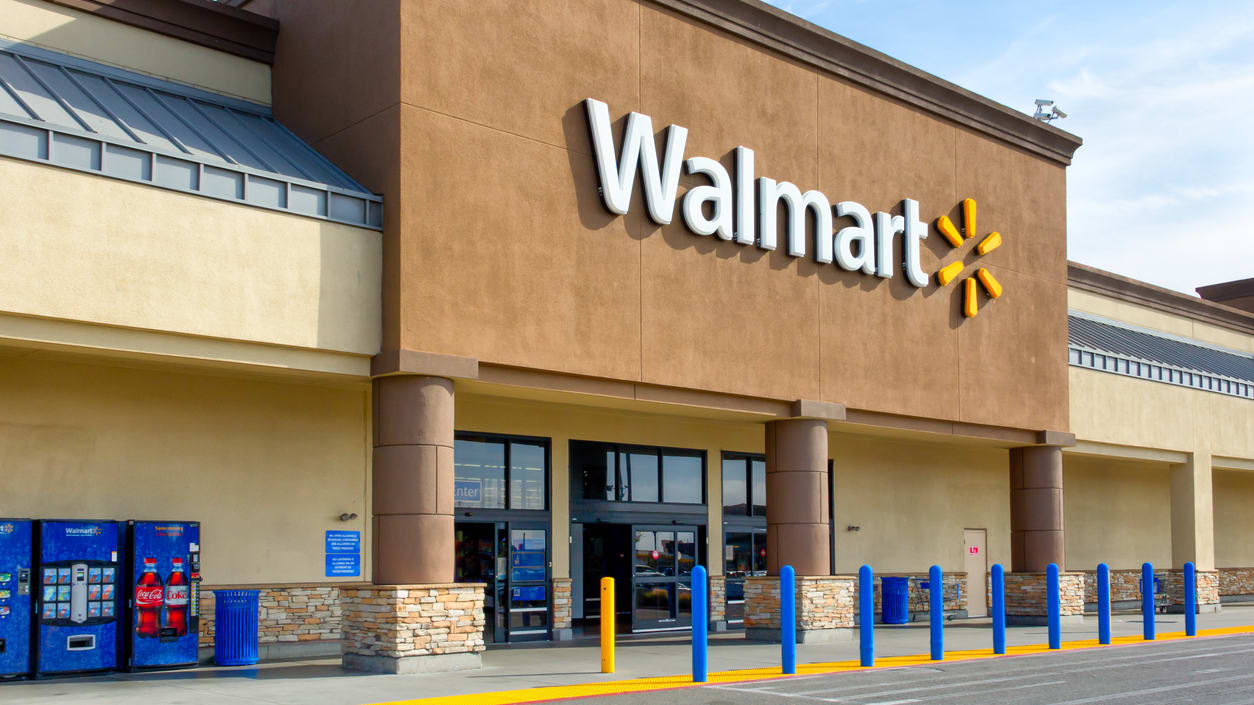Walmart and Amazon—the two largest employers in the country—have reduced their paid isolation leave in response to recent guidance from the U.S. Centers for Disease Control and Prevention (CDC) on how long asymptomatic individuals who have been exposed to or tested positive for COVID-19 should isolate. We've gathered articles on the news from SHRM Online and other media outlets.
Walmart's Policy Issued in Response to CDC Guidance
Walmart's old policy had given workers two weeks of paid isolation leave, but the company reduced that time off by one week in response to the CDC's shortened isolation and quarantine guidelines. The CDC's new guidelines—released in late December—shortened the isolation period from 10 days to five days for asymptomatic people who have been exposed to or tested positive for COVID-19. The CDC still recommends 10 days of isolation for symptomatic individuals. Walmart workers who are sick still can potentially receive up to 26 weeks of additional COVID-19-related pay, a company spokesperson said.
(Newsweek)
Daily Health Screens at Walmart Continue
Walmart employees will continue to be required to complete a daily health screen before entering a Walmart facility, according to a memo sent to employees. "The daily health screen questions will be updated to reflect the changes from the CDC regarding if an associate has received a positive COVID-19 test, has COVID-related symptoms or [was] exposed to someone with COVID-19 within the previous five days instead of 10 days (or following local mandates)," the memo stated.
Labor Shortages Challenge Retailers
Walmart's reduced paid isolation leave comes as a rise in COVID-19 cases is causing significant labor shortages for retailers already battling supply chain snarls, product shortages, inflation and increased transportation costs. Walmart has asked corporate employees to work primarily from home until Jan. 30, rather than Jan. 10 as previously announced.
(Reuters)
Amazon Reduces Its Paid Isolation Period
Amazon reduced its paid isolation period, saying that those with positive tests can return to work after isolating for seven days. Company employees who isolate have access to up to 40 hours of paid leave. In December, Amazon again began requiring warehouse employees to wear masks, regardless of vaccination status. At its corporate offices, unvaccinated employees have been required to wear masks. In October, the company said it would let company directors decide whether their teams need to work from the office, a change from an earlier policy suggesting all employees work onsite at least three days a week.
Additional Leave Options Are Available at Amazon
Amazon's reduction in paid isolation leave to 40 hours corresponded with the company's shorter isolation period. "Do not come to work if you are sick," a message to staff said. "Additional leave options are available for individuals who remain symptomatic beyond one week." Amazon is the second-largest U.S. employer. Walmart is the largest.
(Reuters)
Was this resource helpful?




